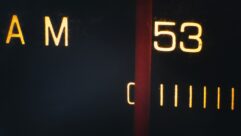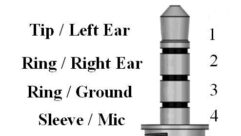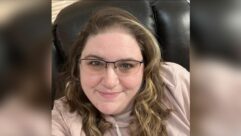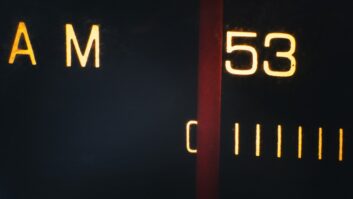Your pirate radio gear may come back to haunt you in a case that may well lead to similar situations leading up to the low-power FM application filing window. This story involves what the commission says is an unauthorized, non-FCC-certified FM transmitter being used at a pirate station in California.
The Los Angeles office of the FCC’s Enforcement Bureau has cited FCCFrequency for marketing unauthorized RF devices in the U.S.
The agency has told the company it must come into compliance, stop marketing the unauthorized devices and avoid “any recurrence of the misconduct,” according to the citation and order signed by Charles Cooper, district director of the Enforcement Bureau’s L.A. Office.
The case began when the L.A. Office received complaints that FCCFrequency was selling and installing noncertified low-power FM transmitters that would be used in LPFM stations. In addition, the company was also selling and installing the gear to individuals and entities that had no FCC authorization to operate the devices, according to the citation.
The company came to the FCC’s attention when the agency was inspecting a pirate station in Arleta, Calif. The operator showed agents the purchase contract for the 100-watt transmitter he bought for around $6,000 from FCCFrequency in March. The AAREFF brand transmitter is model 100WPLLS19P and manufactured in the Dominican Republic.
According to its website, FCCFrequency specializes in LPFM equipment sales and installation, and encourages nonprofit organizations to “install your own Low Power FM Radio Station.” The website also advertises that the company will help applicants to file for new LPFMs and major changes to existing LPFMs in the upcoming filing window, which opens Oct. 15.
FCCFrequency has 30 days to respond. It can challenge the FCC’s version of the facts, but it must also confirm that the company has stopped marketing and selling unauthorized RF devices. Further, the company must provide the FCC with a list of all RF devices it sells, including a list of all manufacturers, importers, brand names and model numbers. For each model, FCCFrequency must give the agency a copy of any equipment certification, authorization, verification or declaration of conformity issued by the FCC or a relevant party.
The company must tell the FCC who it sold RF equipment to, along with their contact information, since January of 2012. The commission also wants to see all the sales contracts.
FCCFrequency was also told to provide copies of its training materials, including scripts, for staff and installers. That’s because some of its customers have told the commission they were told they didn’t need an FCC license to operate the transmitters purchased from FCCFrequency. The FCC wants to see statements made to customers about this as well as learn how long the company has been marketing and selling RF gear.
Not responding in 30 days may result in more sanctions, according to the agency.










